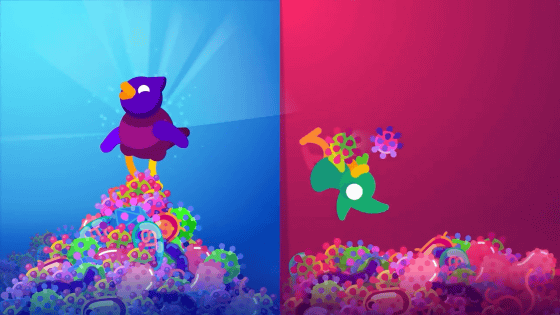What happens when the body's immune system fights pathogens, and what's the best way to strengthen the immune system?

The human body has
Your Immune System is More Dangerous than You Think-YouTube
If we compare the human body to the territory of a country, we can say that pathogens and viruses are invaders who invade the territory.

Because opportunities for pathogens and viruses to invade are ubiquitous in everyday life, humans have developed immune systems to deal with them.

When pathogens or viruses enter the body, cells release molecules called

Cytokines are like a kind of air raid alarm, activating all kinds of immune cells, and those immune cells release cytokines to amplify the alarm.

As the immune system begins to attack pathogens in response to cytokines, the brain rearranges the body's priorities to make defense against pathogens its top priority.

Being sick can make you feel weak, anxious, depressed, or lose your appetite. Also, pain sensitivity increases and you feel pain all over your body and want to rest. These are all symptoms that help the body conserve energy and get the immune system to respond appropriately.

Activating the immune system is quite destructive and exhausting for the body, and Kurzgesagt likens the body to 'a country that has been invaded and switched to a war economy' when the immune system is activated to fight pathogens. .

In a country at war, the production of weapons and equipment useful in war becomes a top priority.

Similarly, in a diseased body, the production and activation of immune cells is paramount, requiring vast amounts of energy, amino acids and trace elements.

When you get sick, you may get a fever, which has the meaning of promoting metabolism and activating cell function, as well as damaging many pathogens. Many amino acids are also required for the production of immune cells, antibodies, and cytokines, and these activities consume many calories and amino acids.

Normally, calories and amino acids are replenished from food, but when sick, digestion slows down and appetite decreases, making it difficult to replenish calories and amino acids from food.

So the body starts breaking down muscle as the easiest source of amino acids. Therefore, after illness, the muscles will fall.

If you are young and vigorous, you can recover from illness quickly, but if you are old or weak, it will take longer to recover from the damage of illness.

In addition, it is not only the pathogen that is damaged by the immune response, but also the body itself.

In particular,

Severe infections can cause severe damage to organs, as pathogens themselves can also release harmful chemicals.

Neutrophils and

In addition,

So, Kurzgesagt warns, repeated severe infections can lead to organ dysfunction.

The human immune system is diverse, and even if it is strong against some pathogens, it is weak against other pathogens. Due to the diversity of this immune system, it is possible to leave descendants without destroying human beings even if infectious diseases are prevalent.

Because the immune system is different for each individual, some young people develop a new type of coronavirus infection (COVID-19) and die, while some elderly people develop COVID-19 but only have a cold.

It's frightening to think that your immune system is vulnerable to certain pathogens and that you could die if infected. However, it is possible to increase immunity by hacking the excellent function of the immune system.

When the immune system fights off a particular disease, it remembers the pathogen and is better able to defend against the next infection. Therefore, even with the same infection, the second time is often milder than the first time.

Vaccines use this mechanism.

Injected into the body, the vaccine mimics the pathogen and causes the immune system to have the same memory as after infection.

Vaccines can be used to strengthen the immune system in a safe environment, much like training in a dojo. There are some side effects, but they rarely leave lasting damage.

Even with natural infections, the immune system remembers the pathogen, but this is like fighting with a weapon, and the risk of permanent damage is higher than with a vaccine. Attempts to build immunity through natural infections are risky, given that the diversity of the immune system can make even seemingly healthy people vulnerable to certain diseases.

Vaccines can also be more effective than natural immunity because they are designed to instill more beneficial memories for the immune system.

Vaccines aren't perfect, but Kurzgesagt said getting vaccinated is one of the most effective ways to strengthen your immune system.

Related Posts:







